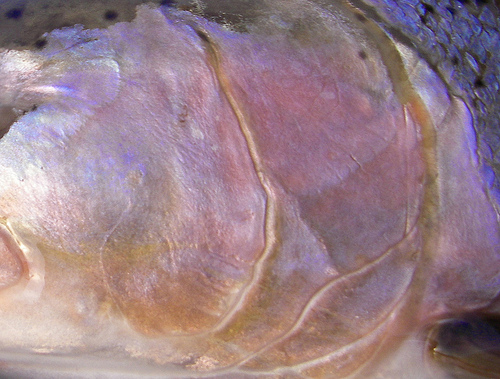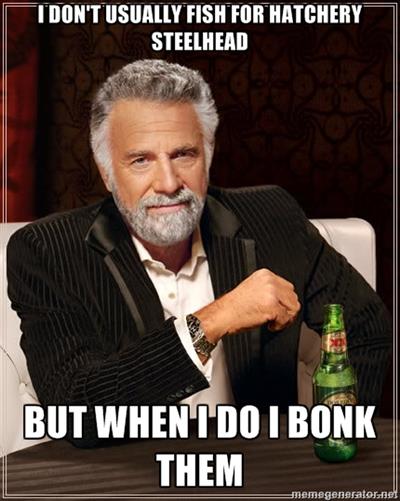Federal court dismisses suit against Elwha hatchery
 Sunday, February 17, 2013 at 9:56PM
Sunday, February 17, 2013 at 9:56PM A federal judge has thrown out a suit against the Lower Elwha Klallam Tribe’s hatchery plan.
Settle found that the suit was moot because, since the suit was filed, the tribe had obtained permits from federal fisheries officials to carry out programs at its hatchery, leaving no question to settle.
“It speaks for itself,” said the tribe’s lawyer, Steven Suagee. “The initial complaint had been that the tribe didn’t have the approvals for these hatchery programs, and now we do.“
The tribe, while not conceding that the fish cause harm to wild stocks, announced in December to federal officials that it has ended its Chambers Creek program and will not be reviving it.
Kurt Beardslee, of the Wild Fish Conservancy, said the nonprofit, which took the lead in the suit, intends to appeal.
And.....
The tribe is negotiating with federal fisheries officials to be able to fish native Elwha steelhead after the moratorium even if those fish are still listed for protection under the Endangered Species Act, if doing so does not set back recovery.
LINK (via: The Seattle Times)








